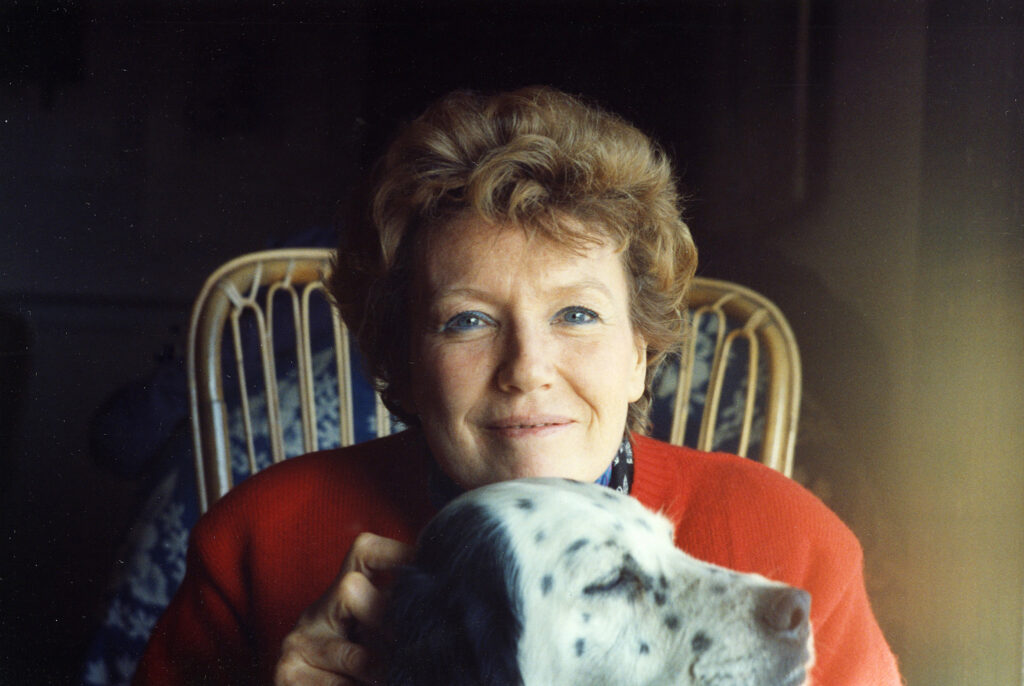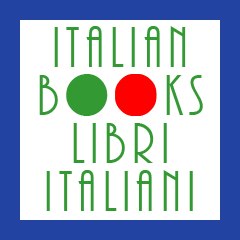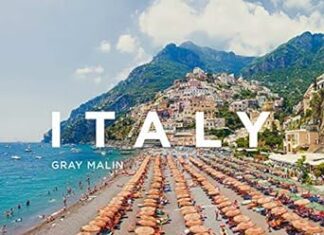Italian literature, with its rich history and evocative narratives, has long captivated readers worldwide. Yet, for centuries, a closer look reveals a landscape where women writers battled societal constraints and a male-dominated literary sphere. Despite these hurdles, Italian women have woven a remarkable tapestry of words, leaving an enduring legacy that continues to resonate today.

Our journey begins with trailblazers like Isabella Andreini (1562-1604), who defied convention on multiple fronts. Actress, playwright, and poet, Andreini co-founded a theatrical company and wrote acclaimed comedies that challenged societal norms. In the same period, Gaspara Stampa (1523-1554) poured her passionate love for a nobleman into her sonnets, pushing the boundaries of female expression with a raw intensity that continues to move readers.
Fast forward to the 19th and 20th centuries, and we witness a surge in women’s literary contributions. Feminist pioneer Sibilla Aleramo (1876-1960) became a voice for her generation in her groundbreaking autobiography “A Woman’s Life,” exposing the social injustices faced by women. Matilde Serao (1856-1927) shattered another glass ceiling, becoming a pioneering journalist who documented the social and political realities of her time with unflinching honesty.
The mid-20th century saw a flourishing of female talent. Natalia Ginzburg (1916-1999) emerged as a prominent literary figure, her sharp wit and social commentary evident in novels like “Family Lexicon,” where she explores the complexities of family life with a sardonic humor that resonates deeply. Elsa Morante (1912-1985) embarked on a more fantastical journey, weaving myth and reality together in her masterpiece, “History,” solidifying her place as a major literary figure who dared to explore the unconventional.
But our exploration wouldn’t be complete without venturing into the vibrant world of contemporary Italian women writers. Elena Ferrante, the anonymous author of the Neapolitan Novels, has taken the world by storm. Her exploration of female friendship, class, and motherhood in a gritty yet captivating Naples resonates with readers across cultures. Donatella Di Pietrantonio’s “The Scent of Rain and Time” delves into the complexities of motherhood with a raw honesty that is both tender and unflinching. Dacia Maraini (born 1936) tackles historical and social issues in her novels, with works like “The Dream of Clara D.” exploring the plight of women during the Fascist regime.
The reasons for the growing recognition of Italian women writers are multifaceted. Firstly, increased access to education and publishing opportunities has empowered women to share their voices. Additionally, a burgeoning feminist movement has fostered a more receptive audience, eager to hear female narratives that challenge traditional perspectives. Finally, the tireless efforts of translators have brought Italian literature to a global audience, allowing readers worldwide to appreciate the vast talents of these women writers.
However, the path remains uneven. Gender parity is still a challenge within the literary world, and sadly, the works of many talented women writers remain untranslated, waiting to be discovered by international audiences. Yet, with their unwavering determination and captivating narratives, Italian women writers are ensuring their rightful place in the literary canon.
This exploration has merely scratched the surface of the incredible women who have shaped Italian literature. We haven’t delved into the poetic genius of Cristina Campo (1923-1977) or the captivating historical fiction of Rosetta Loy (born 1941). We haven’t explored the sardonic wit of Elvira Banotti (born 1952) or the introspective narratives of Melania Mazzucco (born 1956). Each of these writers, and countless others, brings a unique perspective and voice to the world of Italian literature.
So, the next time you embark on a literary journey through Italy, take a moment to seek out these remarkable women writers. You’ll discover a treasure trove of stories waiting to be explored – tales of love and loss, family secrets and social struggles, all woven with a depth and insight that transcends borders and languages. From the early innovators to the contemporary powerhouses, Italian women writers continue to inspire, challenge, and captivate readers worldwide, ensuring their voices echo through the halls of literary history for generations to come.













